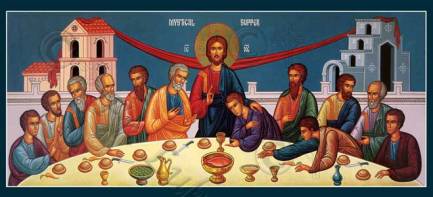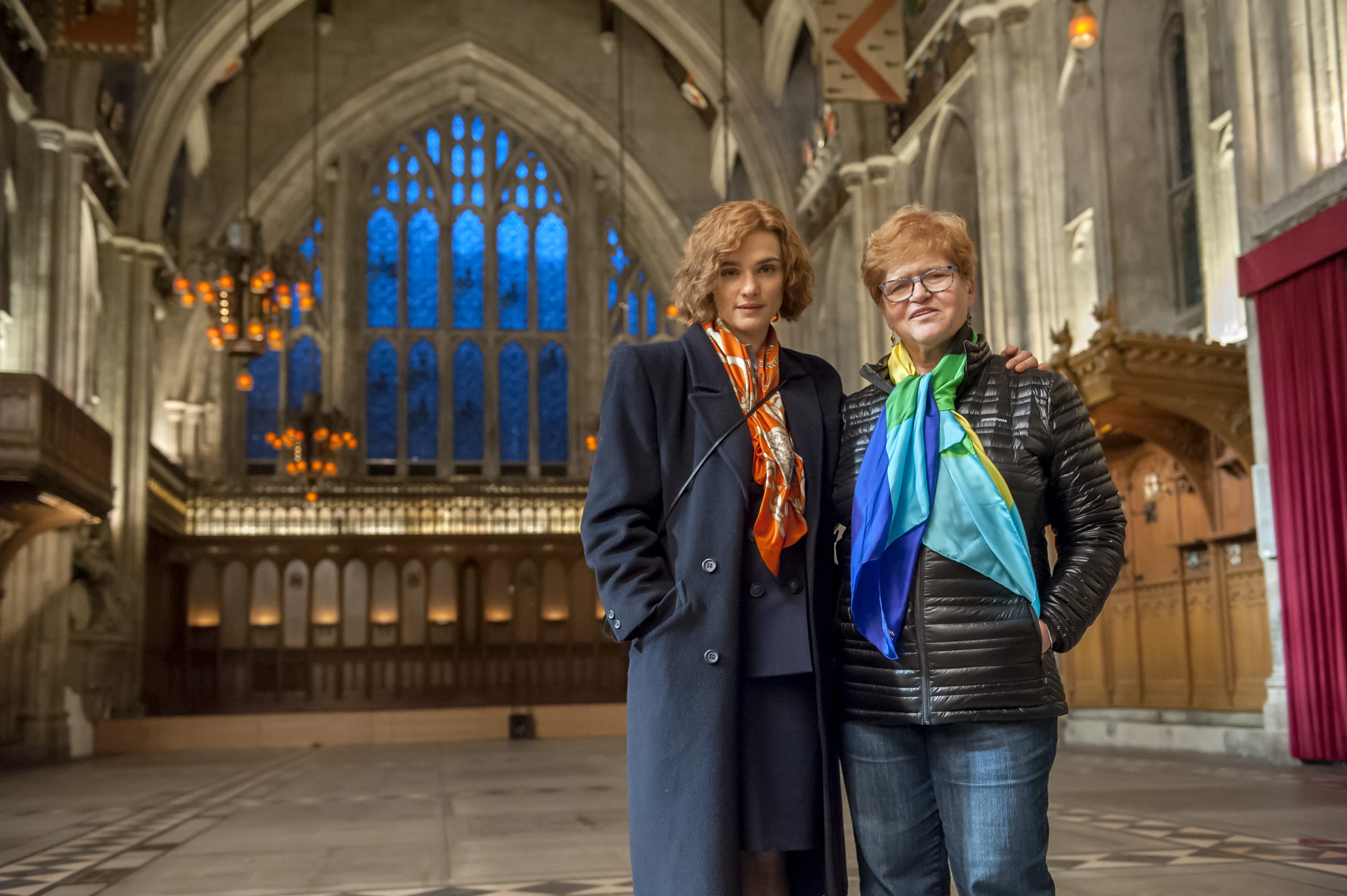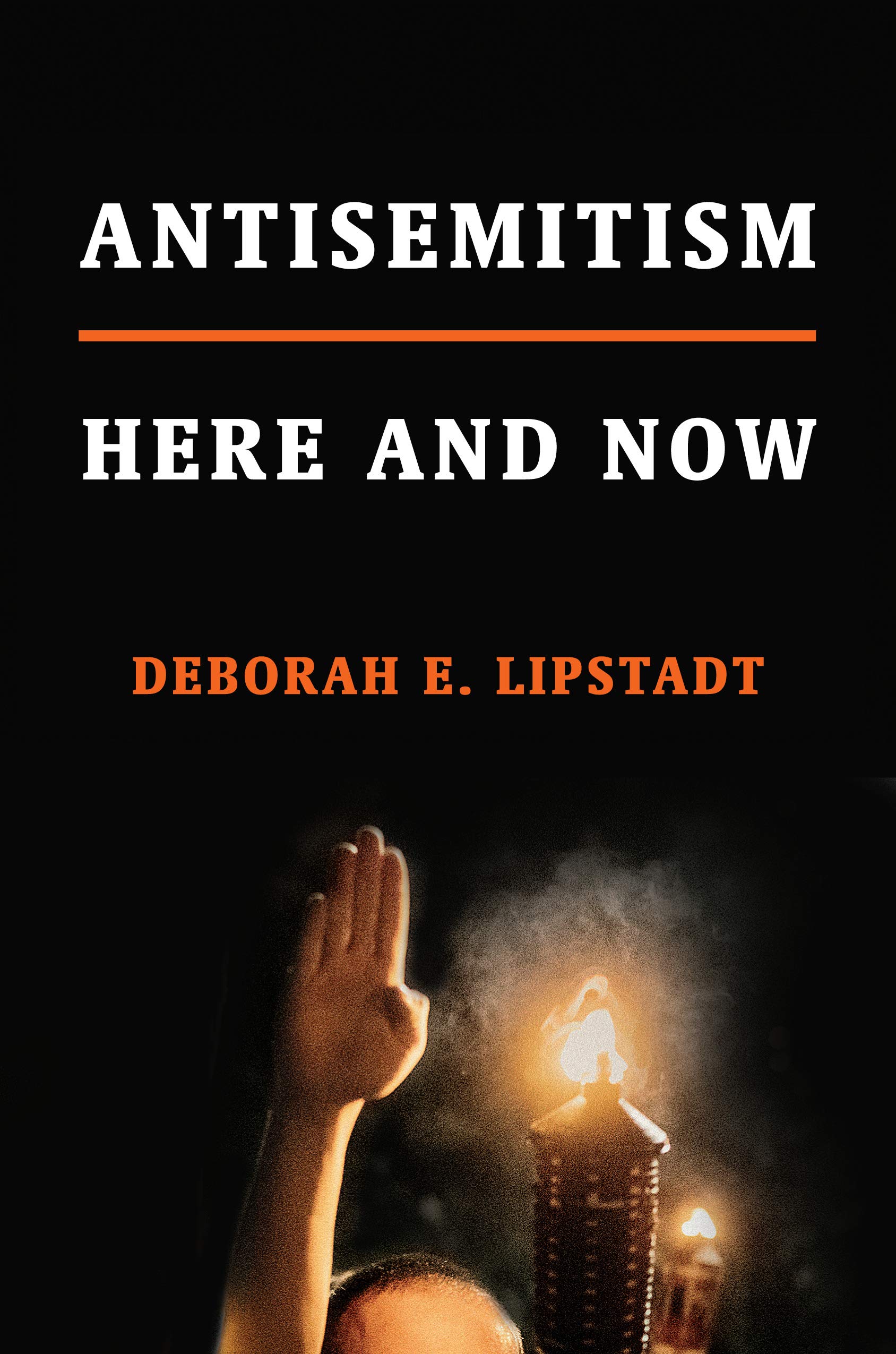Immanuel Verbondskind looks back at the lockdown period and the impact on the small Jeshuaist community and some Jewish communities. For Jews it has even been more difficult to undergo the lockdown, because many do have no television or internet and have been in a real-time strict isolation, not being able to have worship moments with brethren and sisters.
Those times of seclusion and restriction could be called a ‘reflection time‘ or retreat, where one had enough time to think about faith and religion. On the 15th of April this year (2022) it was 14 Nisan, the evening to remember the liberation of God’s People from the enslavement in Egypt, but also to remember the gathering of Jeshua and his disciples, where at the last supper Jesus talked about the blood being shed for the liberation of all people.
In Wintertime, many Christians celebrate Christmas and have some holiday, where they also can think about the light that came in the darkness. For true Christians and for Jews, 14-22 Nisan is the most sacred period of the religious year, where is remembered how the Elohim brought to light in the dark night by passing over the houses where there was the blood of the lamb, giving the opportunity for the Jews to flee their world of slavery in Egypt.
True Christians with Jeshuaists remember also the Passover lamb Jeshua (Jesus Christ) and show their gratitude for the salvation by the Grace of God, Him accepting that ransom Jesus was willing to pay for all people.

Since Friday night Jeshuaists and Christadelphians, like other true Christians, since some long time of isolation because of lockdown, could at some places get together (in restricted form) and make connections with other brothers and sisters, either in place or via the internet streaming. Many, the previous time in isolation got lots of opportunities to think about the value of such a connection or ‘fraternity‘. They had enough time in the lockdown period to think about their religious affiliation, and some also about their need to go over into a conversion. Because the last few months, more signs could be seen that we are entering a new period in the Time of Ages or in God’s Plan.
Because of those “Signs of the Times” there has come a certain pressure to know what to do and which direction to go. Now many more ask themselves who shall be part of the things going to be there after the big battle or great tribullation.
Several people have wondered in those Covid times if it would not be better to become part of a community. There also have been Jews by race or non-believing and non-practising Jews, who started to change ideas about the world and its Creator. The Jews from Middle European origin also started wondering by which denomination of Jews they would best join. Those people living here in Belgium, France, Holland and Germany wonder if they would convert to Judaism, if they then would be accepted as a Jew.
Anti-Zionists often claim that Ashkenazi Jews are white imposters, fake Jews who are entirely descended from European converts to Judaism. This is completely rebutted by genetic studies which have proven a Middle Eastern patrilineal origin for Ashkenazi Jewry. However, when the Anti-Zionists make the Apartheid accusation are Jews suddenly a single racial group. The notion that Jews generally constitute a racial group is Nazi in origin and is at the core of the Anti-Jewish Apartheid libel. {Why Many Ashkenazi Jews “Look” European}
There is a long history of the racialization of Jews. There have also been religious and non-religious Jews in several countries.
Racialization of Jews have a long pedigree in the history of Anti-Semitism. Racialization of Jews was practiced in Spain against the Anusim (“Marranos”), Jews who were involuntarily converted to Christianity during the expulsion of the Jews from Spain in 1492. Racialization of Jews in Germany became prominent already in the second half of the 19th century when religious Anti-Semitism (Anti-Judaism) was increasingly supplanted by racializing Anti-Semitism. The third phase is the current racialization of Jews by the extreme left.
Racialization of Jews is intended to paint Jews as “genetic aliens” in a certain country (e.g. Spain, Germany or Israel). Of course painting any other people as “genetic aliens” is not socially acceptable beyond Nazi circles. But Anti-Semitic opponents of Israel systematically engage in discourse to stigmatize the Jews in the land of Israel as genetic aliens despite Ashkenazim, Sephardim and Mizrahim patrilineally being very very genetically similar to Palestinians due to common historical origin, with the genetic divergence accounted for by historical conversions to Judaism and by immigration to the land of Israel from other parts of the Middle East during the Islamic era.
Ashkenazim, Sephardim and Mizrahim are more similar to each other than to any other populations and are predominantly of Middle Eastern origin in genetically confirming the historical narrative of ancient Israelite origin. The Anti-Semitic accusation according to which Ashkenazi Jews are exclusively descended from European converts to Judaism despite that part of Ashkenazi ancestry accounting only for only 30% of the Ashkenazi gene pool with the remaining 70% being Middle Eastern in origin is used by Anti-Semites such as Palestinian-American professor of Columbia University Joseph Massad to libelously paint Israeli Jews as “European colonizers” and against the scientific consensus denying that most modern Israeli Jews are Levantine returnees to Israel. The false claim that Ashkenazi Jews are “European colonizers” is in fact one of the main claims involved in the Anti-Semitic racialization of Ashkenazi Jewry. {Jews are a Nation of Color}
After the covid pandemic several feel a greater need to come to connect with one or another Jewish or Jeshuaist denomination. Having been on their own, in their own living room, with nobody else to share the faith, was too lonely. Some, who were previously connected with a shul, lost contact but also interest to go to a prayer and study house. Though others have now, even more than ever before, felt the need to be connected to other fellow believers.
This Passover is for several an essential time to consider the way how God handled His People and how, also today, He is still willing to guide them through the desert of this (non-religious) world.
Some people take time to think about separation and isolation, and look at the lessons we get from the Scrolls that teach that the priests were deliberately separated from everyone else. They even couldn’t go to family funerals, like many could not in the Corona crisis. Their job was to remain separate from the people they served, which may sound strange. But their goal was to maintain their close connection with the Most High in purity or holiness.
To remain separate at all times isn’t healthy for anyone. All over the world many learned that all too well the last two years. this year many felt a great joy they were able again to come together with some friends to do like the apostles did, following up the permanent ordinance… a celebration for all of God’s people throughout all time, remembering Passover.
+
Find to read:
Times of seclusion, restriction, liberation, connection, religious affiliation and conversion
+
Preceding
Measure of loneliness whilst time drags
Adar 6, Matan Torah remembering the giving of Torah
++
Additional reading
- Jewish diaspora
- December a joyful time for many
- Lenten Season and our minds and hearts the spiritual temple in which God seeks to live
- Remember the day
- Ransom for all
- A perfect life, obedient death, and glorious resurrection
- Redemption #4 The Passover Lamb
- Redemption #7 Christ alive in the faithful
- A strange thing might happen when you come under Christ
- Seeing or not seeing and willingness to find God
- Falling figures for identifying Christians
- What is happening in America to religion and to the language of faith
- Who is a Jew?
- Counting sands and stars
- We Count. We Just Weren’t Counted.
- Judaism and Jeshuaism a religion of the future
- Great tribulation and Armageddon
- Armageddon or the Great Tribulation
- Ashkenazi Jews are extremely inbred
+++
Related
- Passover Blessings – April 15th through 22nd, 2014
- Proselytism
- Jesus Became Our Passover Lamb
- How Jews look to non-Jews – Part 1
- Going back to shul
- Fighting ignorance






















































